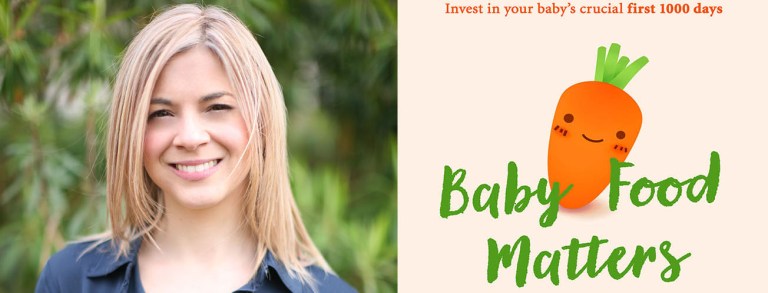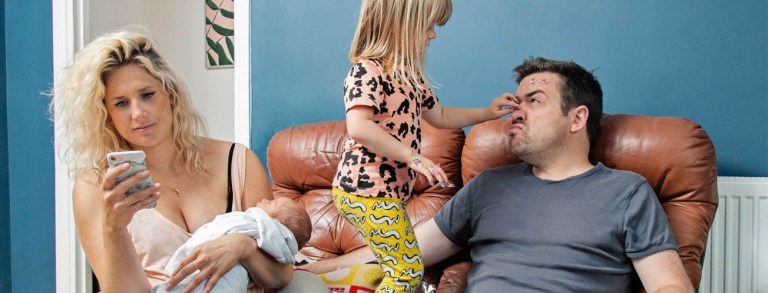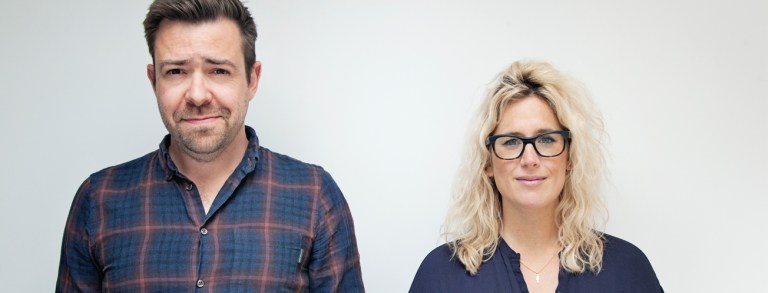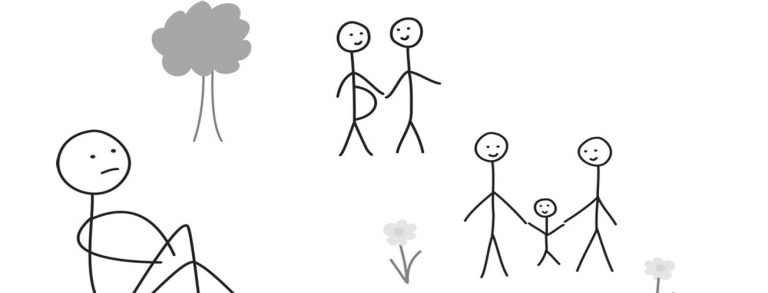Your Child & Depression – What You Need To Know
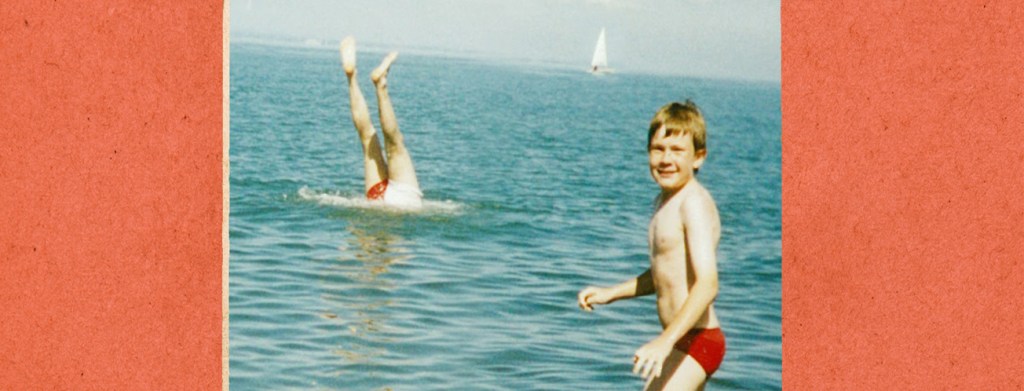
My eldest son, Michael, went to university in 2007 and, over the next three years, became depressed and anorexic. Throughout that time, my letters and emails to him were full of laughter and good humour. It was only when he was hospitalised and then transferred to The Priory that I, and our family, truly realised how ill he was. Here’s what I’ve learned as a parent.
Your child may present the face you want to see. Michael did not want us to know he was not well. He kept his secret for years. Children with issues – eating disorders, drink, drugs, the list is endless – often want parents to see them as happy, content, fulfilled.
You have to be alert to warning signs. We thought Michael’s changing manner and appearance was down to growing up. We saw ourselves as a happy family and nothing bad could ever happen to any of us. We were blind to so much.
It’s not easy to see something is wrong. A medical professional we know has two daughters. During an increasingly tense family meal, their first in ages, he gently chided one for not clearing her plate. The other leaned forward and said angrily, ‘Dad, she’s anorexic.’ He never realised.
It’s even harder to know what to do. As Michael started changing, we first saw him as lazy and then selfish and self-obsessed. Even as we suspected something was wrong, we held back, not wanting to believe, not knowing what to do, assuming somehow things would come right as if by magic.
Do something, anything. Talk if you can. My wife Tracey and I had damaged childhoods and found it hard to confront difficult emotional issues. Michael did not want to tell us. He was ashamed and embarrassed. The silence lasted for years; until Michael was rushed to hospital.
Depression often makes no sense. It can strike at random, across the board. It affects one in four people at one time or another. There is no reason to be ashamed or embarrassed of it.
GPs are imperfect, they are human after all. A GP is the first person that many sufferers of depression or their parents approach. Some are better than others; it seems many just hand out pills as a short-term fix. All GPs should offer a gateway service, introducing a range of services, such as self-help groups.
Know what to do in an emergency. Sufferers and/or their loved ones can go to their GP and ask to be referred urgently to what’s known as the crisis team. I believe it’s called the Access and Assessment Team (AAT) where we are in Suffolk and may be known as something similar in other places. They should come out near enough straightaway to assess and offer help.
There are people out there who know what it is like and can offer practical support. GPs should also be able to direct sufferers and loved ones towards the most suitable groups; for people with eating disorders, for example. In an emergency, people can also google ‘crisis team’ or ‘crisis team Suffolk’ (or whatever part of the country they are in) and that should generate various leads for those seeking urgent help.
Fellow sufferers are most likely to help. Even now, I do not really understand depression although I have seen its debilitating effects. When Michael came home in 2015 and we thought we might lose him, we spoke urgently to all sorts of people. Self-help group organisers offered to come out, meet and talk and suggested practical measures.
Sufferers need to find their own way to handle their mental health. Michael has accepted he may have depression all his life and has worked out the best way for him to manage it. These range from going for a walk when he feels down to seeing a hypnotherapist. There is no ‘one-size-fits-all’ resolution.
There can be a happy ending. Michael came out of The Priory after five months. He seemed to get better for a while, resuming his master’s degree. His life took another downturn in 2015 and he came to live back at home with us. He is now managing his depression without medication and is on the mend, working as an illustrator.
Dear Michael, Love Dad by Iain Maitland publishes on 28th July 2016 and is available to buy at Amazon, Waterstones and WHSmiths as well as independent bookshops




